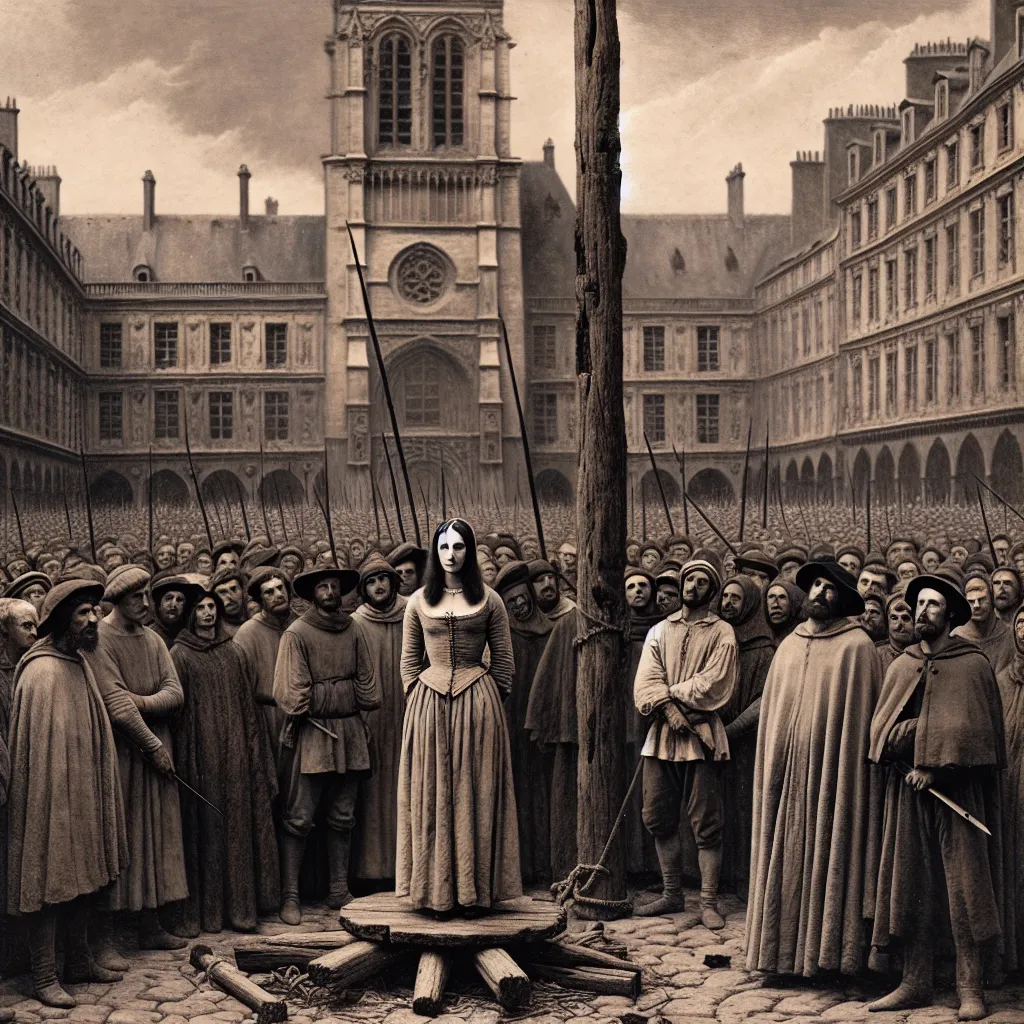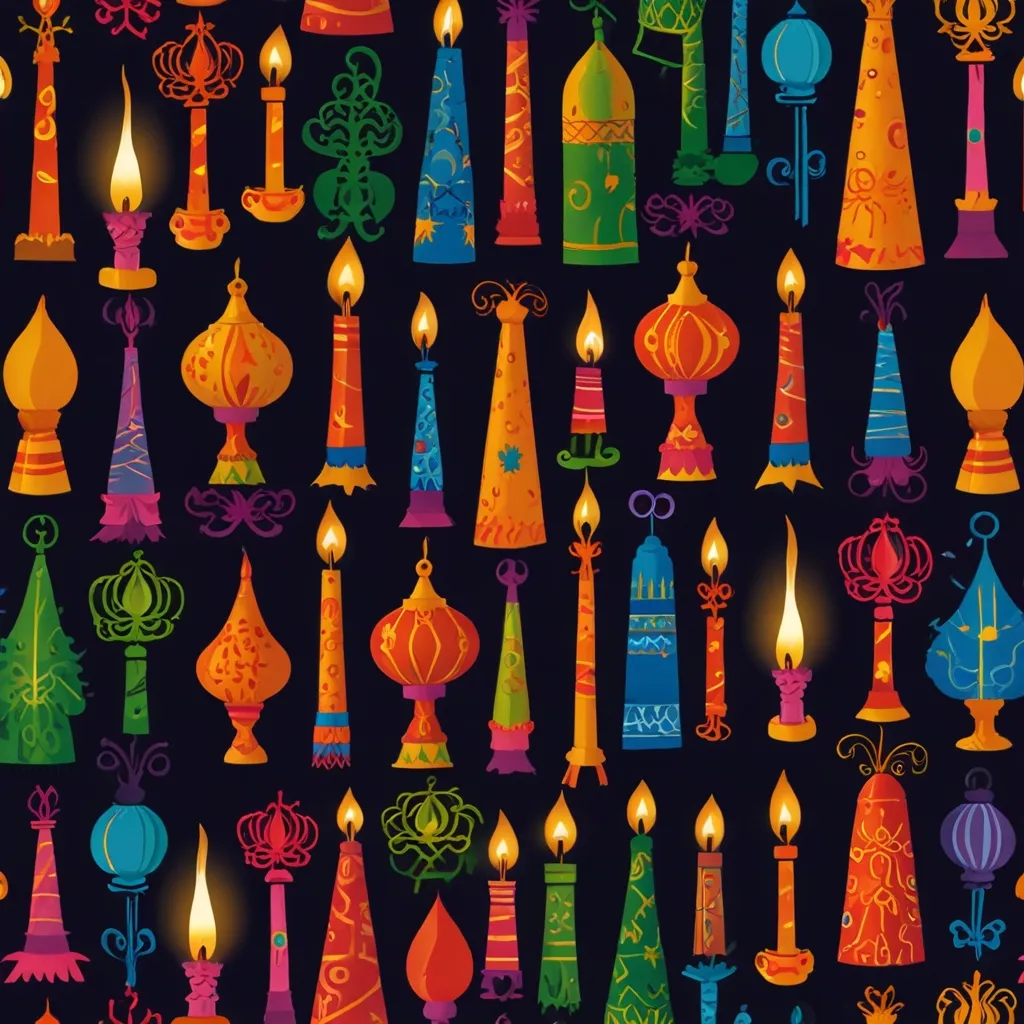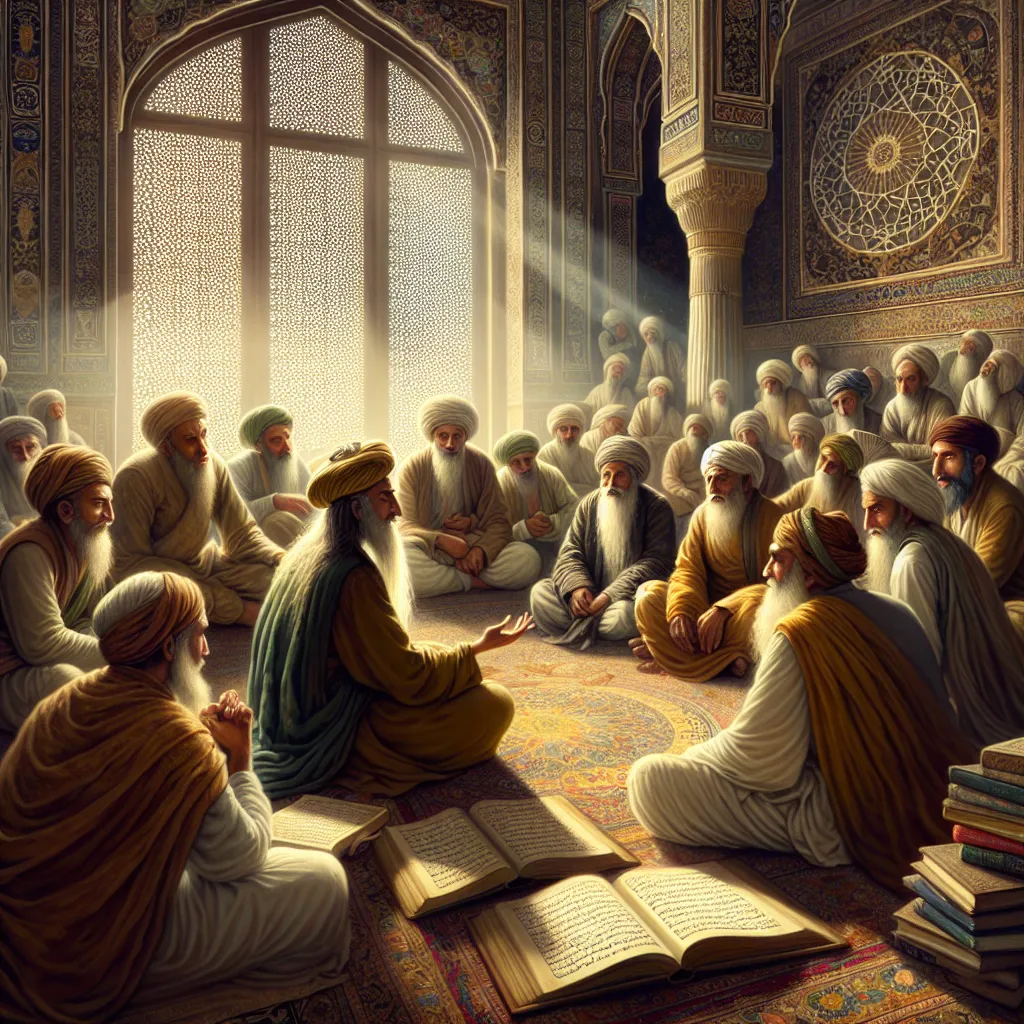On June 1, 1310, a woman was led to the public square in Paris, convicted of heresy by the church for a controversial book she authored. That woman was Marguerite Porete, a fascinating figure from the Middle Ages, who met her end by being burned at the stake. Her book, “The Mirror of Simple Souls,” spread anonymously after her death, ironically becoming a classic in Christian mysticism circles.
Marguerite Porete was born around 1250 in France, part of a wealthy, literate family. She lived during a time of great scholarly activity, with influential figures like Thomas Aquinas and Meister Eckhart shaping the intellectual landscape. It was also a period where the church wielded immense power and was quick to label ideas it found threatening as heretical.
The 13th century saw the rise of the Beguine movement, women who lived semi-monastic lives without formal vows, leading chaste lives similar to monks and nuns. These women, including notable figures like Hadewijch and Mechthild of Magdeburg, contributed significantly to Christian mysticism, often using vernacular languages in their writings. However, by the late 13th and early 14th centuries, church authorities grew suspicious of the Beguines, leading to increased persecution.
Marguerite Porete’s controversial ideas were seen as part of the broader heresy of the Free Spirit, a loosely defined movement characterized by the belief that one could attain a sinless state and freedom from church laws. Porete’s book explored the soul’s relationship and union with God, portraying God’s will as the only will that should exist in a person.
Porete wrote “The Mirror of Simple Souls” using vernacular French, which was controversial enough. Her ideas, such as the soul becoming completely united with God and eradicating its will, were deemed heretical. She argued that once united with God, the soul no longer needed to follow church laws or practice virtues in the conventional sense since it operated solely under God’s will.
Her unwavering commitment to her beliefs led to her arrest in 1308. She spent over two years in prison, refusing to recant her ideas. Despite multiple opportunities to save her life by recanting, she remained steadfast. In 1310, the inquisitors decided to proceed with her trial in her absence, ultimately condemning her writings as heretical and sentencing her to death.
On the day of her execution, Marguerite faced her fate with calmness, perhaps fueled by her strong conviction in her beliefs. Her death ended the life of a courageous woman who dared to challenge the church’s strict boundaries.
“The Mirror of Simple Souls” remains a brilliant yet complex work in mystical literature. It’s structured as a dialogue between characters representing the soul (likely Marguerite herself), Love (symbolizing divine wisdom), and Reason (representing church critics and scholastics). The book delves into themes like the eradication of the personal will and the union of the soul with God, emphasizing love and mystical knowledge over rational arguments.
Despite being difficult to read, “The Mirror of Simple Souls” offers a profound glimpse into a daring and innovative form of Christianity. Marguerite Porete’s story stands as a testament to the diversity and depth within religious thought, even in the face of severe oppression. Her legacy continues to inspire those interested in medieval mysticism and the power of unwavering faith.






